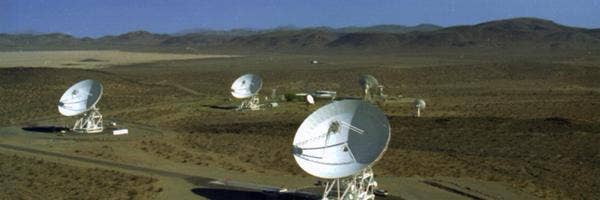


Planetary astronomer, studying piles of rock in space. Reader of books. Drinker of tea. He/him. This is a personal account. To bigotry no sanction.
This profile is from a federated server and may be incomplete. Browse more on the original instance.


Planetary astronomer, studying piles of rock in space. Reader of books. Drinker of tea. He/him. This is a personal account. To bigotry no sanction.
This profile is from a federated server and may be incomplete. Browse more on the original instance.